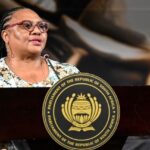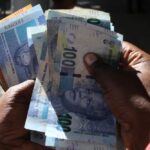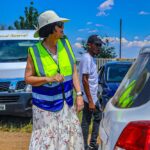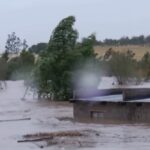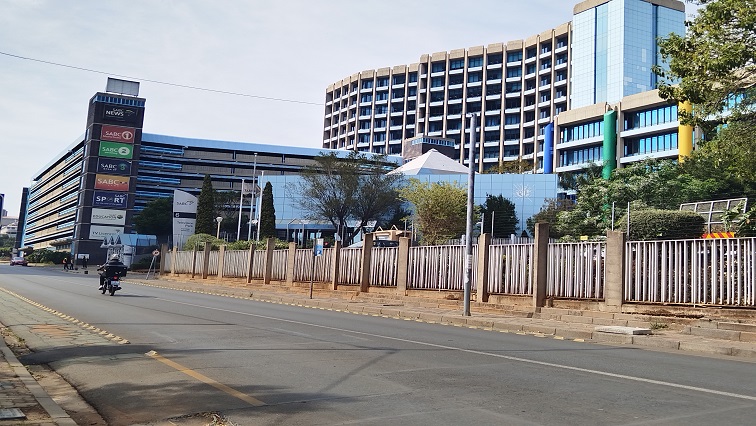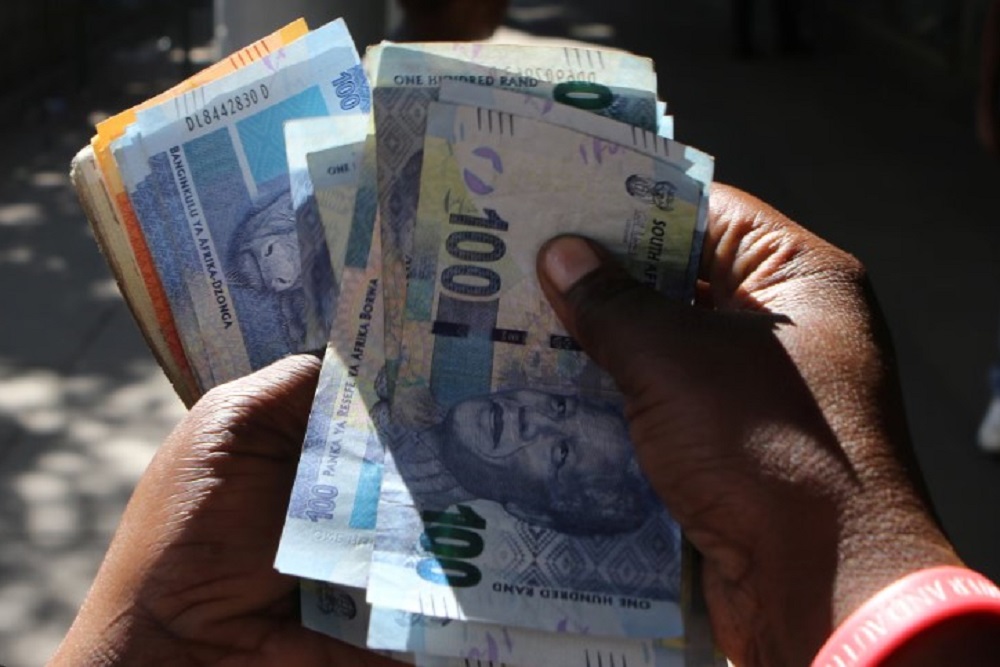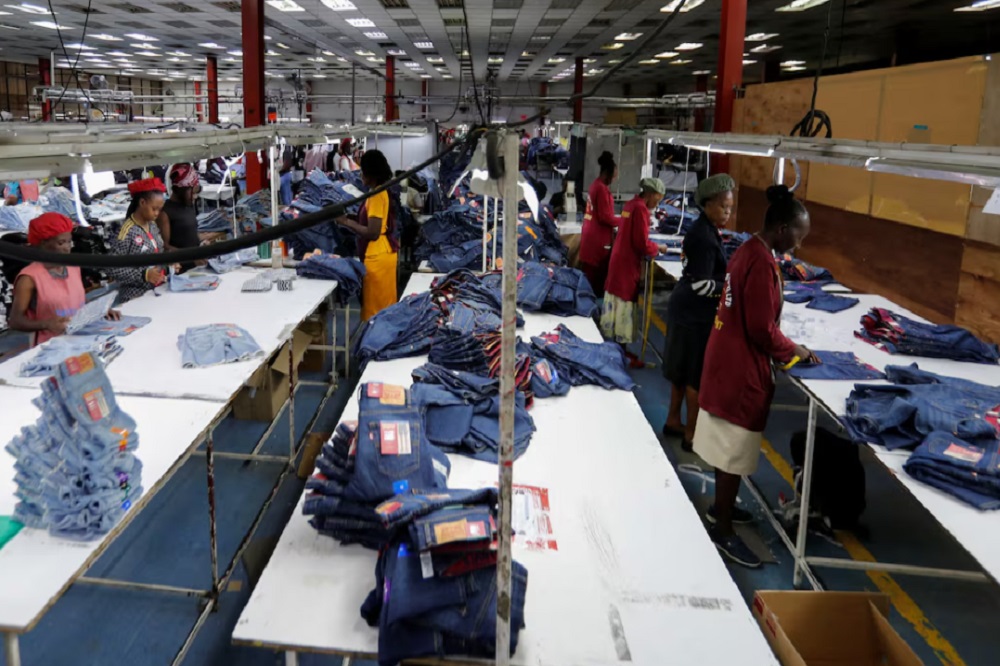-
SABC TV Park building in Auckland Park, Johannesburg.
The South African Broadcasting Corporation (SABC) says it needs about R7.5 billion to fund costs related to its unfunded public mandate.
The organisation was updating Standing Committee on Public Accounts (SCOPA) on its audit outcomes and financial performance. The management of the SABC and the board has confirmed incurring loss of R700 million for the financial year 2023/2024.
The Department of Communications and Digital Technologies was also part of the meeting. For the 2023/2024 financial year, the SABC received an unqualified audit opinion after receiving disclaimers since 2009.
SABC CEO Nomsa Chabeli says the costs of funding the programmes related to the public mandate costs billions.
“R7.3 billion over the MTF period of public mandate costs are unfunded, meaning that, that money has to come from our commercial activities which makes it very very difficult. So, we are self-funding at the moment and what this does really, it impacted our ability to reinvest in ourselves. As you know, private sector organisations have investors that actually invests in their growth. Therefore, they are able to invest ahead of time. That is not the case with the SABC. So, what has happened because we are literally taking from OPEX to fund CAPEX expenditure.”
The CEO highlighted the importance of the finalisation of the SABC Funding Bill.
“When the SABC for an example is pushing for the resolution of the SABC Bill is because the matter has become quite urgent and I think it’s quite critical for me to talk to that because the current funding of the SABC is unsustainable and it will be remiss of me not to say that. We have spoken about the competitiveness in this industry whereby there is more competitors that have entered our market and we are generally unable to compete at the speed of change with our current funding. Because it requires some serious investments for us to be actually present and play a role for the new audiences that we are seeing.”
Chabeli says the organisation has never asked for another bail-out in order to sustain its financial position.
“Currently as I spoke earlier, our funding model is such that we have to be commercially competitive. So, currently we are getting four percent in the form of a grant via the DCDT (Department of Communications and Digital Technologies). What the SABC is asking and our real rallying call is not a grant…is not a bail-out. We are general not on the market for a bail-out. But what we are asking is that the SABC must be funded in order to deliver the public mandate. This is not unique to the SABC. Globally, public broadcasters around the world are funded. It’s not unique to us.”
The Deputy Chairperson of the SABC Board Nomvuyiso Batyi agreed with Chabeli.
“The SABC, I need first to contextualize that. Yes, the SABC can survive without a bail-out. However, this needs to be contextualized in the sense that any person that runs a company, a shareholder has a responsibility to plough back into that company in order for it to function. The SABC that’s why from our side we have been looking for the alternatives in terms of funding elsewhere. We do recognize that the SABC cannot survived without the funding from government guarantee right because we have to go with that to market.”
The CEO has also alluded that the non-availability of an effective funding model for the SABC can impact on its integrity in the eyes of the public including information sharing.
“In first world countries the numbers are enormous because there is a recognition of the public service media. Especially in a world if you look at the World Economic Forum said is the number one risk globally at the moment is disinformation and misinformation. We actually play a very critical role because from an editorial perspective, the quality that is required, the most important thing is the trust quotient. We can’t let go of that. So, in our current form in order to be able to meet the demands of the public mandate, we are saying the SABC has to be funded.”
The Director-General for the Department of Communications and Digital Technologies Nonqubela Jordaan told the committee that there is no additional funding allocated for the SABC in this current financial year.
“So, there is no additional allocation apart from what has been in the allocation which is for news. Is it Channel Africa? So not for news is for Channel Africa just to be accurate. However, honorable member if I can just indicate that through the SABC Amendment Bill, we are actually looking at this particular matter of the revised funding model for it whether or not it will replace TV licenses. So, firstly we wanted to indicate that there is an element with regard to the TV licenses and compliance for it.”
Chairperson of the Committee Songezo Zibi says he believes that both Parliament and government have a responsibility to address the SABC funding issue urgently.
“What appears from some of the honourable members is that we need to make a decision and a decision from a policy perspective that needs to be made by both government and by Parliament, it’s either the SABC gets the capital access to the capital it needs or we narrow its mandate. We cannot have things both ways. We cannot. Thats the long and the short of it we cannot beat around the bush. I think the number about the unfunded is about R7.5 billion and that is in the current year and that R7 billion means there are things that you are not doing or you take monies from other critical areas of the institution. That is going to collapse on its own.”
VIDEO | SCOPA hears audit outcomes and financial performance of the SABC:

